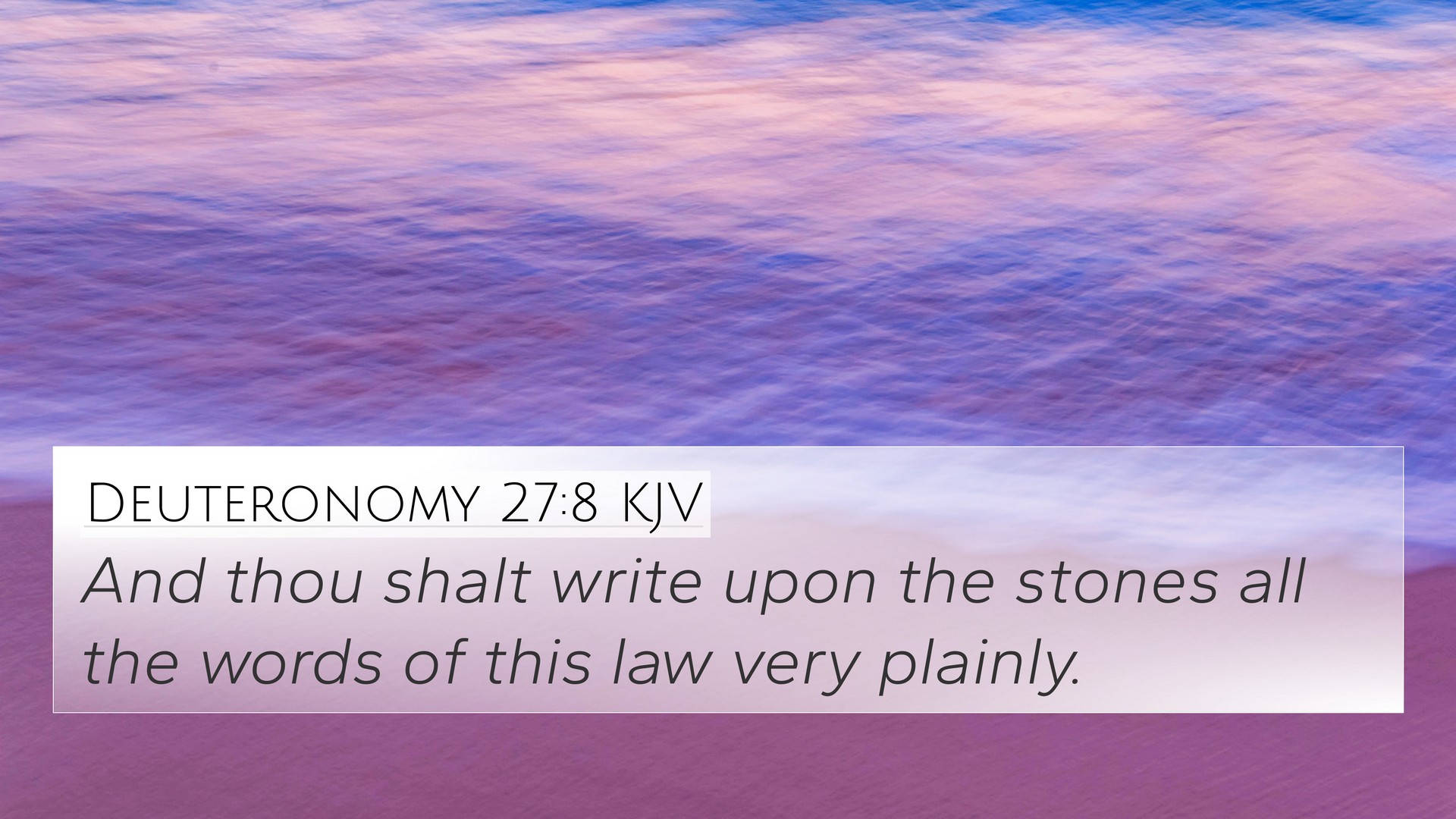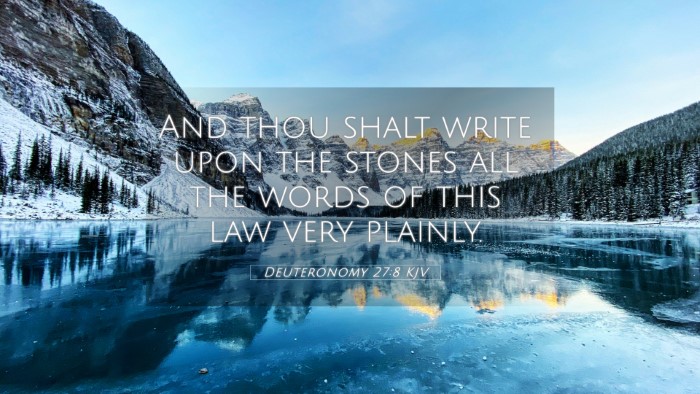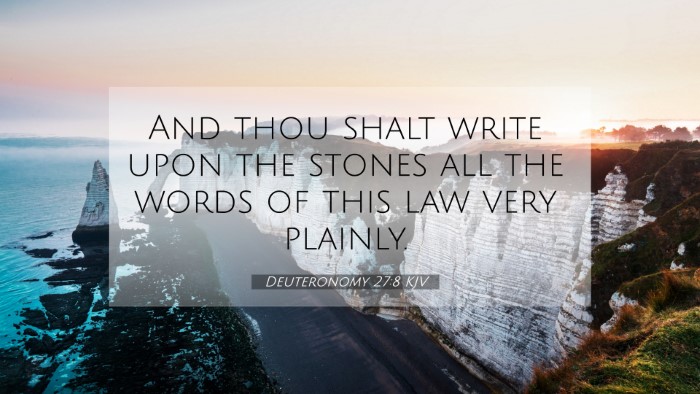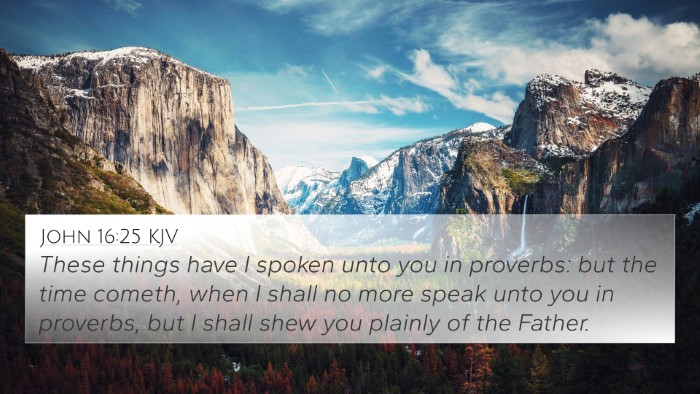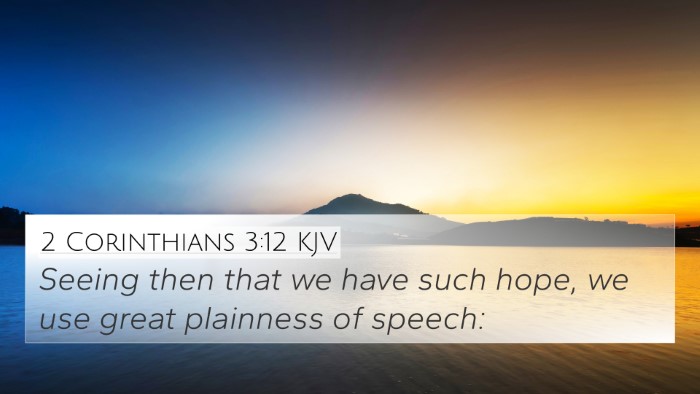Understanding Deuteronomy 27:8
Bible Verse: Deuteronomy 27:8 - "And you shall write on the stones all the words of this law very plainly."
This verse emphasizes the importance of clarity and visibility in the communication of God’s law to His people. Writing it on stones serves as a permanent reminder for the Israelites of their covenant with God.
Insights from Public Domain Commentaries
Matthew Henry's Commentary
Henry explains that the act of writing the commandments on stones signifies the enduring nature of the law. He notes that a plain and clear inscription is required to ensure that everyone can read and understand God’s directives. This emphasis on plainness is intended to elevate the stature of the law, making it accessible to all, rather than shrouded in mystery.
Albert Barnes' Notes
Barnes highlights the significance of writing the law as a means of preservation and remembrance. He connects this to the act of declaring God’s law so future generations can benefit from it. His interpretation underscores the theme of ‘writing’ as a means of externalizing internal faith, thus like a witness testifying in public.
Adam Clarke's Commentary
Clarke elucidates that the stones were to be an everlasting memorial. He remarks on the importance of the visible representation of God’s commandments, which provides a constant reminder to the community. Clarke suggests that this practice illustrates the gravity of God’s instructions and the need for their perpetual observance.
Thematic Connections
- Permanent Memorial: The use of stone signifies permanence, analogous to God’s enduring promise (Jeremiah 31:33).
- Clarity in Instruction: The plain writing points to the necessity of clear communication (1 Corinthians 14:40).
- Passing Down Tradition: Similar to the Passover, where instructions are given to each generation (Exodus 12:26-27).
- People's Responsibility: This reflects Israel's duty to follow the law (Joshua 1:8).
- God’s Authority: The act of writing underscores the divine origin of the commandments (Exodus 31:18).
- Public Display: The laws were written publicly to promote accountability among the people (Matthew 5:14).
- Importance of the Law: It highlights the continual relevance of God's teachings (Romans 7:12).
Bible Cross References
- Exodus 24:4 - Moses wrote down all the words of the Lord.
- Deuteronomy 6:9 - Writing the commandments on the doorposts symbolizes sharing God's law in personal spaces.
- Habakkuk 2:2 - Writing is emphasized as a means of clarity in vision.
- Joshua 8:32 - Joshua’s writing reinforced the covenant God made with Israel.
- Psalm 119:11 - "I have hidden your word in my heart," connecting to the importance of internalizing God's statutes.
- Romans 10:4 - Christ is the end of the law for righteousness, linking Old Testament law to New Testament revelation.
- Revelation 21:2 - The imagery of a new city relates to the covenant and law written in hearts.
Conclusion
The understanding of Deuteronomy 27:8 interlaces themes of clarity, permanence, and responsibility in the covenant relationship between God and His people. It serves as an encouragement for believers to maintain a clear perspective on God’s teachings and to ensure these truths are passed down through visible, accessible means. Cross-referencing with other biblical texts enriches the understanding of this verse, revealing a tapestry of God’s guidance throughout scripture.
